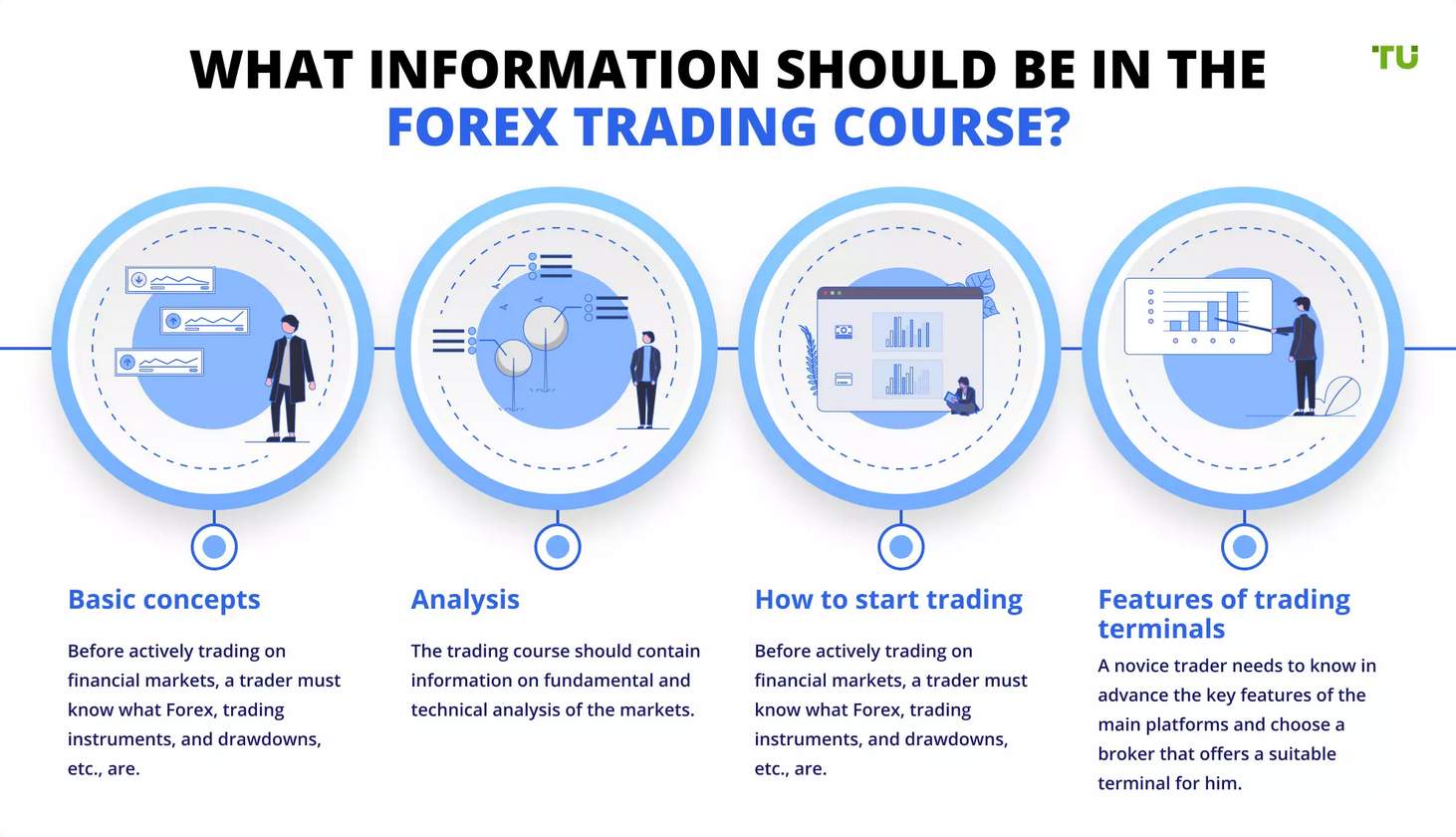Recognizing the Basics of Money Exchange in Today's Global Market
In an increasingly interconnected worldwide economy, understanding the fundamentals of money exchange is important for stakeholders throughout numerous industries. Exchange prices, formed by a complicated interplay of economic indications and geopolitical aspects, have extensive results on worldwide profession and investment techniques. As reserve banks apply impact and technical advancements improve currency trading, the effects for global commerce are significant. Exactly how do these components coalesce to influence financial preparation and risk management? Understanding the subtleties of this vibrant market is not merely helpful-- it is vital for navigating today's financial landscape.
The Basics of Money Exchange
Currency exchange is a basic element of the worldwide economic climate, assisting in global trade and financial investment. It includes the conversion of one money into another and is essential for services, federal governments, and individuals who engage in cross-border purchases. The money exchange procedure occurs in the fx market (Forex), which is the largest and most liquid financial market worldwide, running 24 hr a day, five days a week.
At its core, currency exchange is driven by supply and demand dynamics. Currencies are sold sets, such as EUR/USD or GBP/JPY, and the exchange rate in between them shows exactly how much one money is worth in terms of an additional. This price fluctuates constantly due to trade flows, funding motions, and various other market activities.
Individuals in the Forex market variety from huge banks and international corporations to private investors and visitors. Each individual may have various purposes, such as hedging against currency exchange rate threat, guessing on currency movements, or promoting international acquisitions. Comprehending the fundamentals of money exchange is vital for making informed decisions in the global market, as currency exchange rate can dramatically impact the price of goods and services, investment returns, and financial stability.
Aspects Influencing Exchange Rates
Greater interest prices offer lenders far better returns family member to other countries, drawing in even more foreign funding and creating the money to value. Conversely, rising cost of living rates play a vital function; currencies in countries with lower rising cost of living rates have a tendency to value as buying power boosts loved one to higher-inflation economic situations.
Financial growth and security additionally substantially impact currency exchange rate. A durable economy brings in foreign investment, raising need for the domestic currency, which brings about admiration. Furthermore, trade balances affect currency worth. A country with a considerable trade surplus generally sees its money appreciate as a result of enhanced foreign demand for its goods and services, while a profession deficiency can damage the money.
Political security and economic efficiency are important also; countries perceived as low-risk locations for financial investment tend to see their currencies value. forex trading course. Market speculation can additionally drive exchange price fluctuations, as traders prepare for future movements based on present financial signs and geopolitical events. These variables collectively contribute to the vibrant nature of resource exchange prices in the global market
The Role of Reserve Bank

Reserve banks likewise take part in fx treatments to fix excessive volatility or imbalances in currency exchange rate. These treatments could involve buying or marketing international money to keep a desired currency exchange rate level. In addition, central financial institutions hold substantial international exchange gets, which can be released purposefully to support their currency.

Innovation and Money Trading
While reserve banks shape the overarching landscape of currency exchange, technical advancements have actually changed the mechanics of currency trading itself. The spreading of digital platforms has equalized access to international exchange markets, allowing private investors to participate alongside institutional investors. Online trading systems, equipped with real-time data and analytical devices, promote notified decision-making and have actually added to increased market liquidity.
Algorithmic trading, powered by innovative software program, has changed the speed and effectiveness of currency trading. Formulas perform trades based on predefined criteria, reducing human treatment and minimizing the time needed to maximize market motions. This automation improves accuracy in profession implementation and help in the administration of intricate trading techniques. In addition, the surge of fabricated intelligence and machine learning algorithms provides predictive analytics, allowing traders to expect market fads with better accuracy.
Blockchain modern technology also guarantees a transformative effect on money trading. By ensuring transparency and decreasing transaction expenses, blockchain can simplify settlement procedures, potentially mitigating risks related to traditional trading techniques. Cryptocurrencies, underpinned this link by blockchain, have presented a new measurement to currency trading, triggering market participants to adapt to an advancing monetary environment. As innovation remains to progress, its impact on money trading will likely deepen, forming future market dynamics.
Influences on Global Profession
In the interconnected landscape of global trade, money exchange plays an essential function fit financial partnerships between nations. Currency exchange rate influence the cost of exporting products and solutions, impacting competitive placing in worldwide markets. A solid money can make a nation's exports more expensive and less eye-catching on the international stage, potentially lowering market share. On the other hand, a weaker currency can enhance export competition but may raise the cost of importing necessary goods, influencing trade equilibrium.
Currency changes can also bring about economic unpredictabilities, making complex lasting planning for multinational companies. Organizations frequently hedge against these threats with monetary instruments to maintain costs and incomes. Exchange prices affect international direct financial investment (FDI) decisions, as financiers seek beneficial problems to make best use of returns, impacting resources streams throughout boundaries.
Moreover, federal governments strive to maintain stable exchange prices to cultivate predictable trading conditions, often intervening in fx markets to accomplish economic purposes. Main banks might change rates of interest or apply financial policies to influence money stamina, consequently influencing trade dynamics.
Verdict
A thorough understanding of currency exchange basics is important for browsing the intricacies of the worldwide market. Exchange prices, formed by rate of interest rates, rising cost of living, and economic development, are essential in identifying currency evaluations.